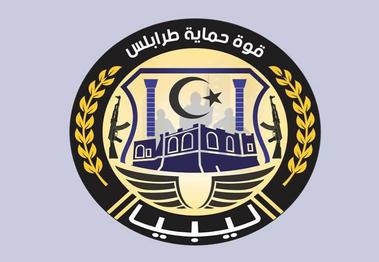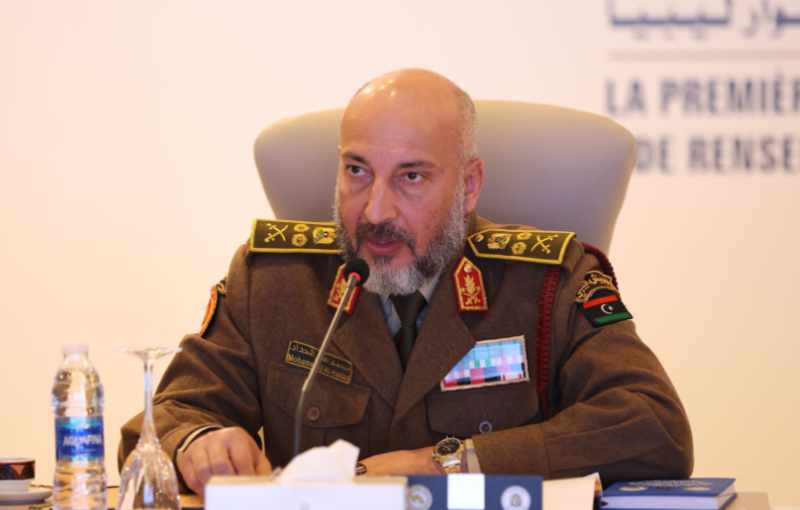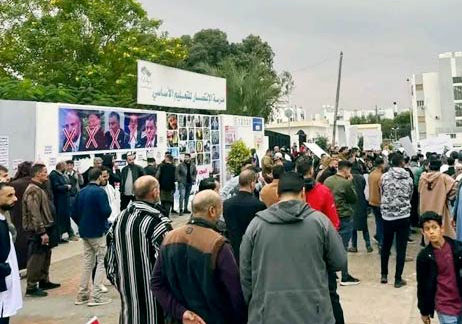
Russia has long played a significant and often polarising role in Libya. Qadhafi primarily purchased Russian military equipment during his long period of isolation from the West. Over 11,000 Soviet troops were reportedly stationed in Libya between 1973 and 1992. As a result of this close relationship, the majority of Libya’s experienced military personnel were trained at Soviet military academies using Russian weapons systems. Months before the 2011 revolution, the two countries signed multi-billion dollar arms contracts that have not been fulfilled. Originally this was because of the anti-Russian sentiment of the post-Qadhafi governments because of Moscow’s support for the Qadhafi regime during the revolution.
The disparate Libyan forces now require upgrades to their weapons systems to fuel the confrontation against IS, and each other, so a revived relationship with Russia is becoming more attractive. Multiple aircraft, some under General Khalifa Haftar’s control, have recently crashed because of technical problems in the aging Soviet MiG aircraft. Amid its own economic downturn, Russia therefore views Libya as an attractive growing market.
Last week, the Russian Ambassador to Libya, Ivan Molotkov, met Prime Minister Serraj and his nominee for defence minister, Mahdi Al-Barghathi, in Tripoli. This was a significant sign that Russian foreign policy may be moving away from supporting Haftar towards recognition of the GNA.
Foreign Minister Sergei Lavrov has repeatedly stated that Moscow would only recognise the GNA after a favourable vote from the House of Representatives (House), and there were reports, as late as October 2015, that Russia, had promised significant support to Haftar. Even during Molotkov’s meeting last week with Serraj, he reiterated that his country would not confer formal recognition on the GNA without the House vote.
There is, however, no emotional attachment to Haftar. Russia’s decisions about who to support militarily in Libya will be determined based by who the Kremlin believes has the best chance of defeating IS.
The latter poses a direct national security threat to Russia, with thousands of Chechens, as well as radicalised Muslim citizens of Kazakhstan, Azerbaijan and the semi-autonomous North Caucasus republics joining its ranks. At the moment, Haftar appears to be losing his credibility in this role to the pro-GNA forces.



